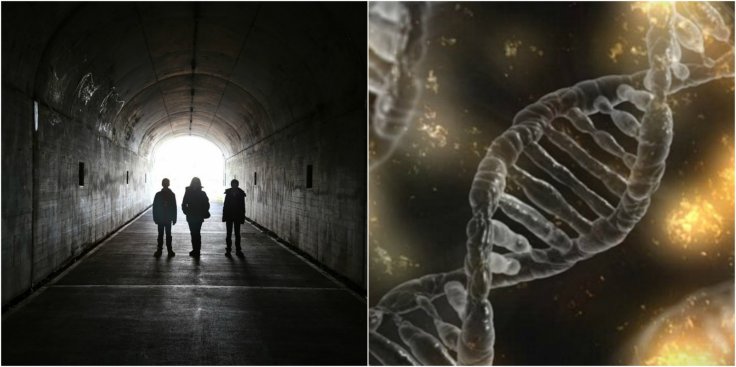
Fictional characters like 'Wolverine' and 'Deadpool' have some special abilities, including the healing power. No one had imagined that in real life some regular individuals could have such abilities until a report revealed that six members of an Italian family are like real mutants.
The 52-year-old Italian Letizia Marsili and her mother, two sons, sisters and niece have some unbelievable powers since childhood. According to BBC, no one from this family can feel any pain despite being injured during sports or serious burn by hot drinks.
Though this is enough to boggle one's mind, scientists have an explanation for this. They claimed that they don't have any supernatural power but it is a mysterious medical condition which is called "Congenital insensitivity to pain", an ability which inhibits the perception of physical pain.
Even though, there are many weird people like Russian boy Kirill Tereshin, who injected a homemade muscle-building brew to look like 'Hulk' and Josiah Zayner who wanted to modify his own DNA, the Italian family story is very different because the abilities have formed naturally and cannot be acquired by an injection or other medical aids.
However, a research team from Europe has said that they are studying this rare mutation and trying to understand its mechanism. According to them, the new study has been published in journal Brain, where they have mentioned that in future these findings will help them to identify new treatments for chronic pain.
The lead author of this new study, James Cox, who is also a senior lecturer at the University College London Wolfson Institute for Biomedical Research said, "The members of this family can burn themselves or experience pain-free bone fractures without feeling any pain. But they have a normal intraepidermal nerve fibre density, which means their nerves are all there, they're just not working how they should be."
"We're working to gain a better understanding of exactly why they don't feel much pain, to see if that could help us find new pain relief treatments," he further added.
On the other hand, Anna Maria Aloisi, who is a physiology professor at the University of Siena and one of the authors of this study said, "By identifying this mutation and clarifying that it contributes to the family's pain insensitivity, we have opened up a whole new route to drug discovery for pain relief."
However, the research team had worked on the characteristics, seen in the Marsili family such as low sensitivity to pain, hot and cold. They have named the syndrome after their surname, which is called "Marsili pain syndrome."









